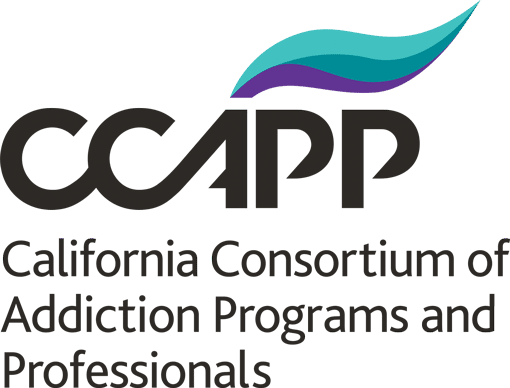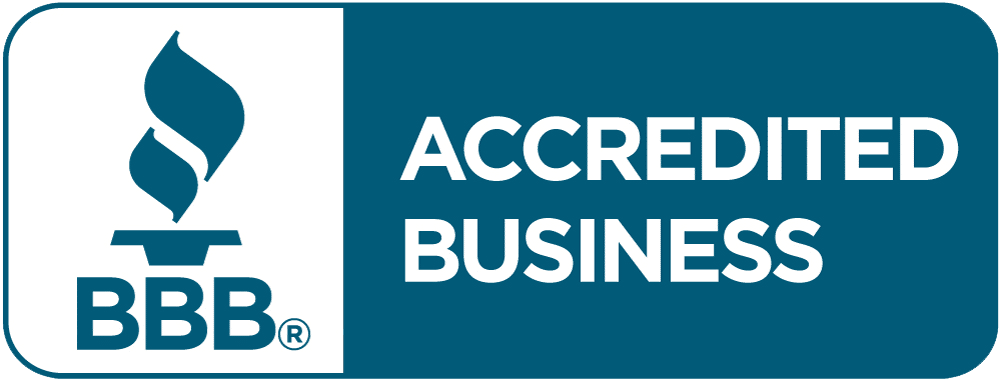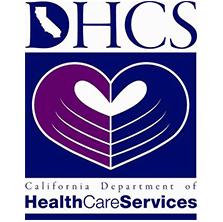
When someone you love is caught in the grip of addiction, everything can feel upside down. There’s fear, sadness, anger, confusion—and underneath it all, the aching question: What can we do? As Christians, we know we’re called to love deeply, even when the path is hard. But addiction doesn’t just test one person’s strength—it tests an entire family. And while prayer is powerful, action rooted in faith can open doors to healing. Families can make a difference. But first, they need to understand what they’re up against and how to walk into the storm without losing their footing.
Understanding Addiction in the Light of Scripture
Addiction is not just about bad choices. It’s a tangled web of physical, emotional, and spiritual bondage. The Bible speaks about being enslaved to sin—and addiction, at its core, reflects that kind of captivity. Romans 7:15 puts it plainly: “I do not understand what I do. For what I want to do I do not do, but what I hate I do.” That verse hits home for many battling addiction. They often know what they’re doing is hurting themselves and others, yet they feel powerless to stop. Families, too, can feel powerless. But understanding the spiritual weight of addiction reminds us that this is not just a behavioral problem—it’s a soul-deep struggle. And no one is beyond God’s reach. That truth alone can help loved ones keep showing up, even when things look hopeless.
The Power of Staying Present Without Enabling
One of the most heartbreaking things for families is figuring out how to be there for someone without becoming part of the problem. It’s a delicate balance. Loving someone doesn’t mean covering up the consequences of their actions. In fact, sometimes the most loving thing you can do is allow the natural consequences to unfold. But that doesn’t mean walking away. Galatians 6:2 encourages us to “carry each other’s burdens,” and that includes the heavy, messy ones. Addiction often pulls families into patterns that feel impossible to untangle. Everyone starts reacting instead of responding. And over time, old hurts and habits start to resurface, making everything harder. That’s why paying attention to family dynamics is so important. You’re not just trying to save one person—you’re walking with a whole family toward restoration. And every member needs support, boundaries, and grace for the long road ahead.
Why Family Interventions Work When Nothing Else Has
By the time families consider getting real help, they’ve usually tried everything. But there’s something different about a well-planned, faith-centered approach. Family interventions aren’t about blaming or shaming someone into change—they’re about creating a clear and loving moment where truth is spoken, and hope is offered. When done with the right guidance, they can be the turning point. A structured intervention, especially one led by people who understand addiction through both clinical and Christian lenses, can pierce through denial and defensiveness. It shows the person struggling that they are not alone, that their family believes in them, and that help is ready when they are. It also shows them boundaries. Real, firm, loving boundaries that say, “We will walk with you—but we will not walk into destruction.” The Holy Spirit often works through these moments. Hearts soften. Walls break down. And sometimes, for the first time in a long time, the addicted person sees a way forward that doesn’t end in darkness.

The Role of Christian-Based Recovery Centers
After that first big step, the path forward requires more than good intentions. That’s where Christian recovery centers come in—not just to treat the body and mind, but to restore the soul. These places offer more than just detox or therapy. They offer spiritual renewal, daily prayer, biblical teaching, and a safe space where grace and truth go hand in hand. Families often feel a mix of relief and worry when their loved one enters treatment. Will it work? Will they change? That’s why staying connected, involved, and spiritually grounded is so important. This is where mental health intervention meets eternal truth. The practical care offered by trained professionals, paired with the unchanging love of God, creates a foundation strong enough to support lasting transformation. And while no one can force change, being surrounded by truth, structure, and grace gives the best chance for real healing to begin.
Finding Strength in Faith as a Family
Healing doesn’t stop when someone leaves a recovery center. In many ways, that’s just the beginning. The family needs healing too—spiritually, emotionally, and relationally. That’s why ongoing support, counseling, and community are essential. Families need to lean into their church, their faith, and each other. They need to forgive. To rebuild trust slowly. And to keep praying, even when setbacks come. Psalm 34:18 says, “The Lord is close to the brokenhearted and saves those who are crushed in spirit.” That verse is a lifeline when hope starts to fade. Because the truth is, God never stops working. Even in the waiting. Even in the relapse. Even when progress feels invisible.
Helping a loved one through addiction is one of the hardest things a family can face—but you don’t have to do it alone. There is help. There is hope. And with faith as your anchor, your family can walk this road with love, courage, and the strength only God can provide.












